US changes work-permit rules overnight that impacts students, spouses of H-1B holders
Fri 31 Oct 2025, 01:05:02
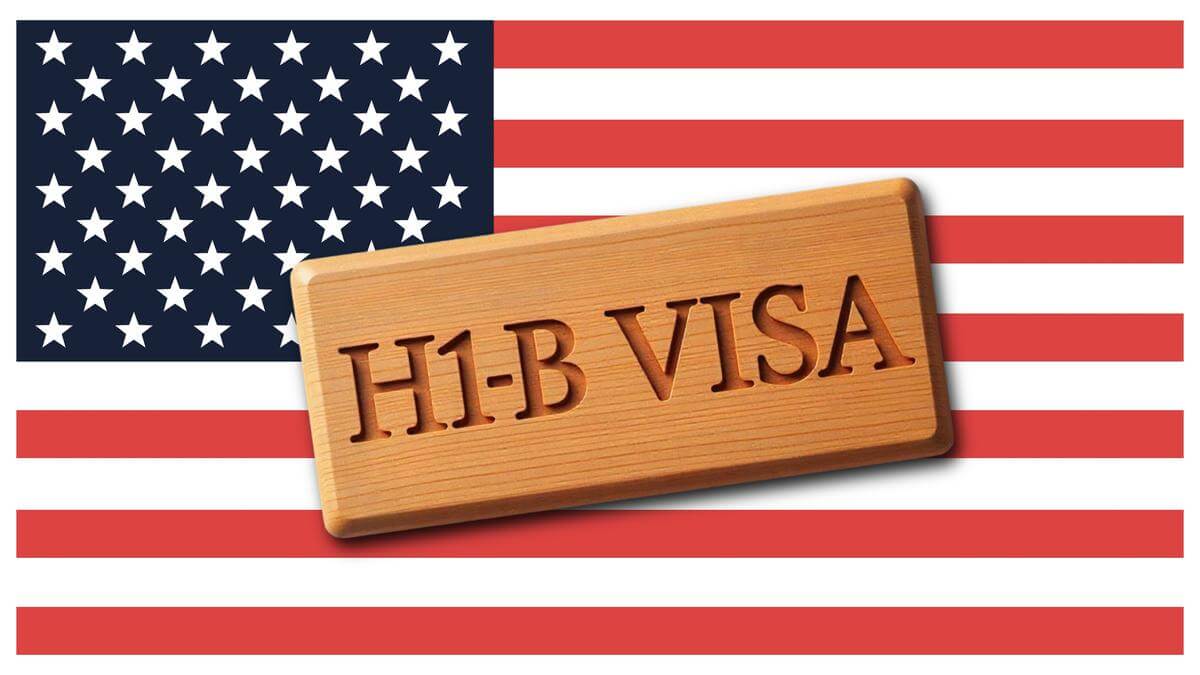
The US Department of Homeland Security (DHS) has abruptly ended the automatic extension of certain Employment Authorisation Documents (EADs), effective Thursday, October 30 (US time). The overnight rule change affects H-1 visa holders' spouses, F-1 students on OPT, and asylum seekers, who may now face gaps in employment while their renewals are processed. The change is expected to significantly impact Indian workers, who make up the largest share of H-1B visa holders and international students.
Now, these foreign workers will undergo screening and vetting to have their employment authorisations renewed. DHS stated that the move aims to strengthen vetting procedures and prevent fraud.
During the Biden era, migrants in defined categories — including spouses of H-1B visa holders (H-4) and students under Optional Practical Training (OPT) — could continue working legally after their EAD expired if they had timely filed a renewal and qualified for the automatic extension.
From now on, every applicant will be required to undergo a new round of vetting and screening before their employment authorisation can be renewed.
The change, announced without prior notice or public comment, targets categories reliant on EADs for employment.
F-1 students participating in Optional Practical Training (OPT) — a bridge to
post-graduation jobs — now risk interrupted careers if their applications lag. Indian students make up the largest cohort of international students in the US.
post-graduation jobs — now risk interrupted careers if their applications lag. Indian students make up the largest cohort of international students in the US.
Indian students comprised 27% of all foreign students in the US in 2024, marking an 11.8% increase from 2023, with 422,335 actively enroled, according to a US Immigration and Customs Enforcement report.
OPT is temporary employment that is directly related to an F-1 student's major area of study. Eligible students can apply to receive up to 12 months of OPT employment authorisation before completing their academic studies (pre-completion) and/or after completing their academic studies (post-completion), according to US Citizenship and Immigration Services.
Similarly, H-4 visa holders, many of whom are spouses accompanying skilled H-1B workers, could lose their ability to contribute financially to families.
This change will impact Indians the most. According to official data, India accounted for 71% of all approved H-1B visa recipients, while China made up 11.7%. H-1B visas are typically granted for periods between three and six years.
Asylum seekers with pending claims will also be affected, though green card holders, H-1B principals, L-1 intracompany transferees, and O-1 extraordinary ability visa holders remain unaffected, as they do not require EADs.
No Comments For This Post, Be first to write a Comment.
Most viewed from Edu and Jobs
AIMIM News
Latest Urdu News
Most Viewed
May 26, 2020
Is it right to exclude Bangladesh from the T20 World Cup?
Latest Videos View All
Like Us
Home
About Us
Advertise With Us
All Polls
Epaper Archives
Privacy Policy
Contact Us
Download Etemaad App
© 2026 Etemaad Daily News, All Rights Reserved.


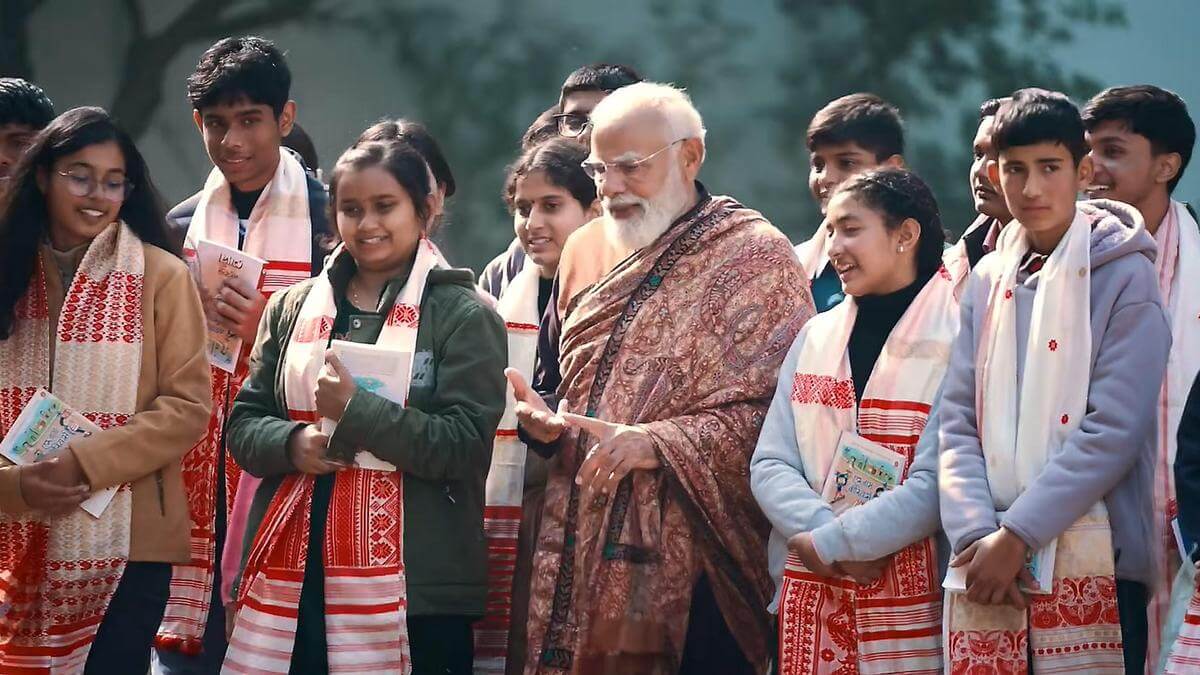
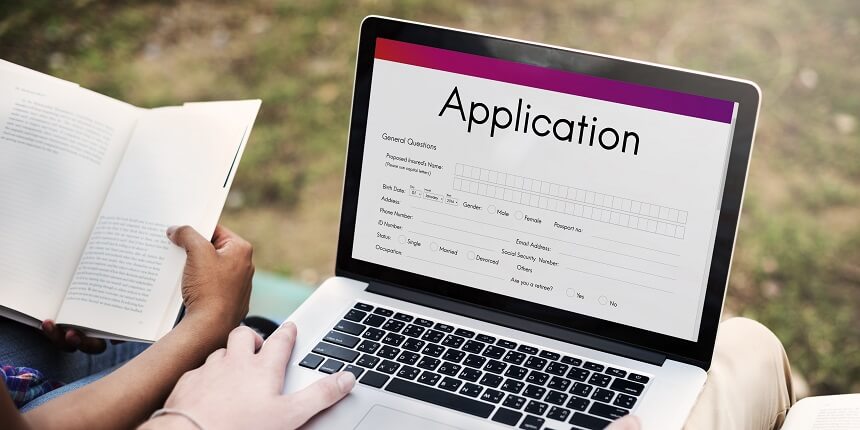

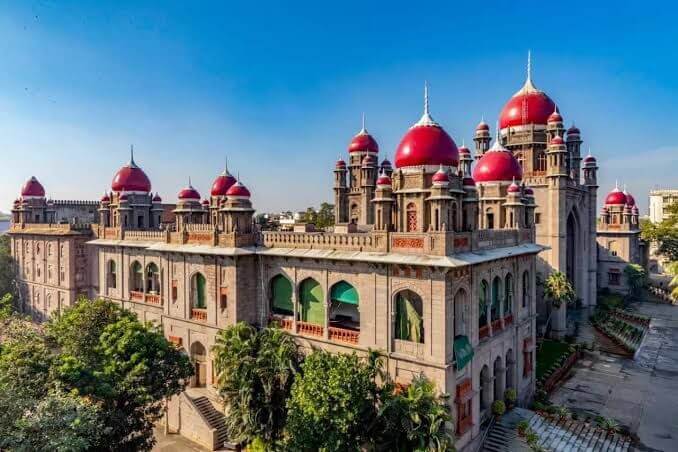
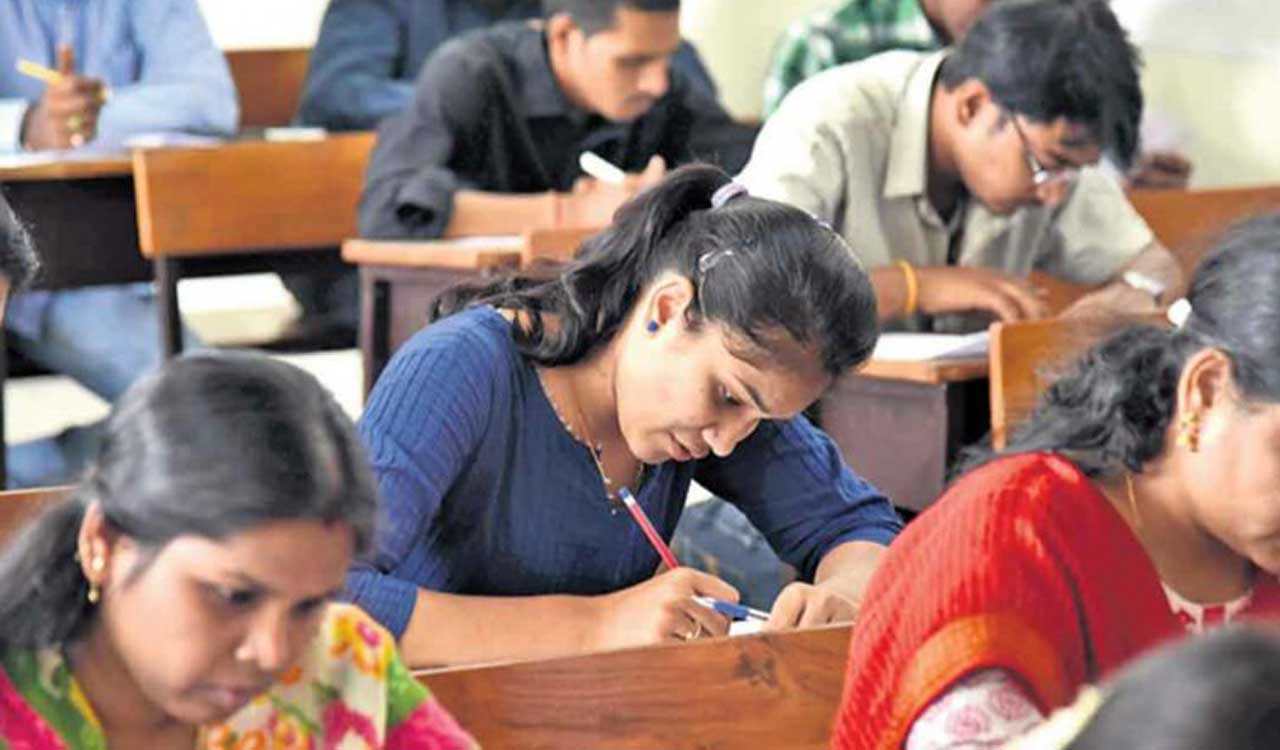
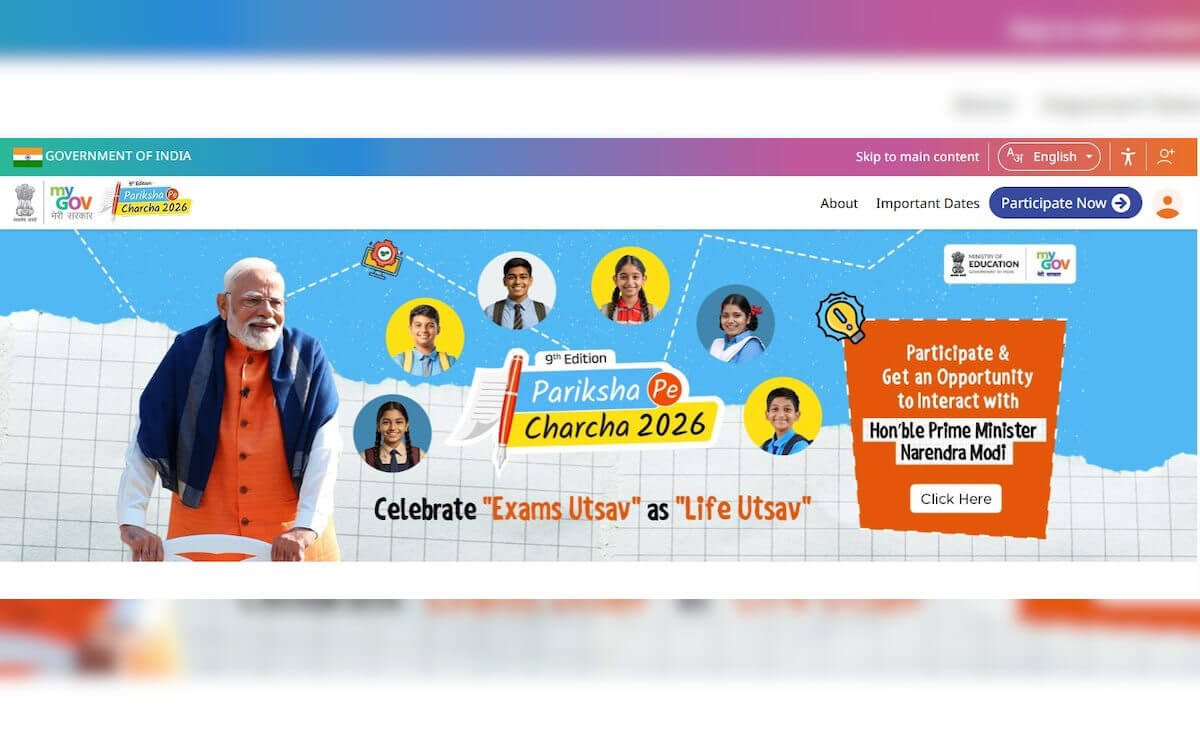

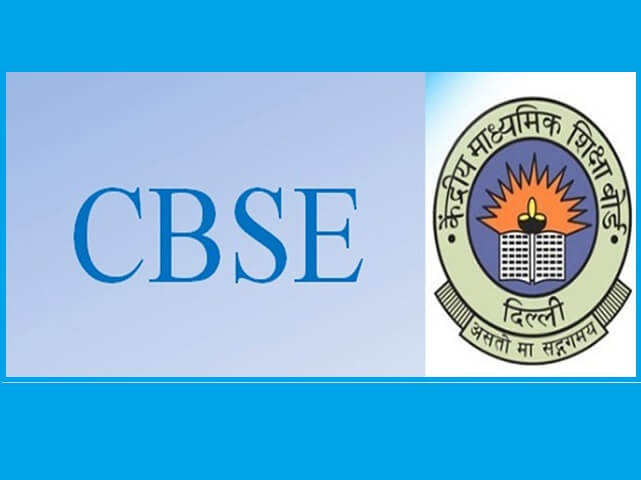
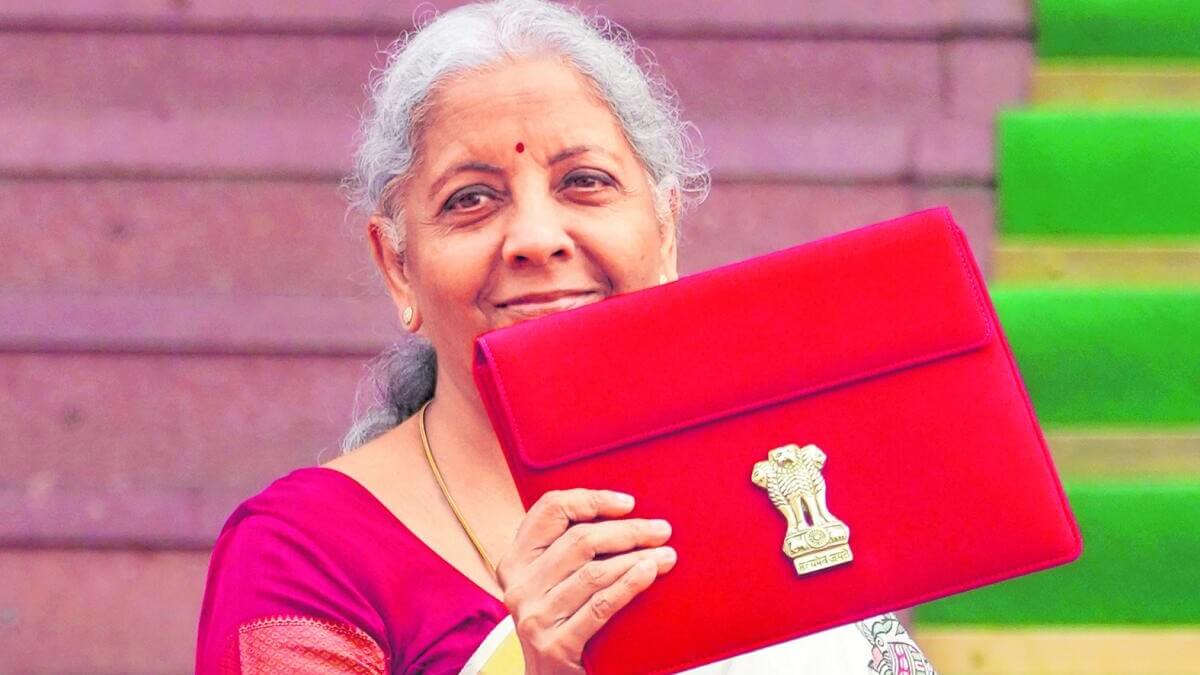



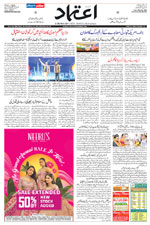










.jpg)
.jpg)
.jpg)


